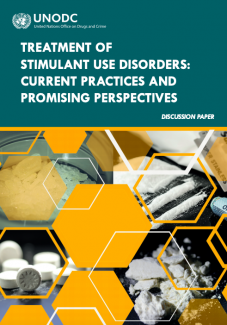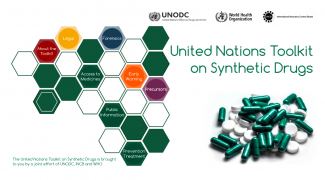Abstract
Objective: We aimed to analyze sex differences in the DSM-5 criteria among patients admitted to their first treatment of alcohol use disorder (AUD). Methods: Assessment of AUD was carried out using DSM-5 diagnostic criteria in a multicenter study (CohRTA) within the Spanish Network on Addictive Disorders. Further, baseline questionnaires including socio-demographics, family history, lifetime alcohol consumption and other substance use, as well as clinical and laboratory parameters were obtained during admission. Results: 313 patients (74.8%M) were eligible; mean age at first AUD...








